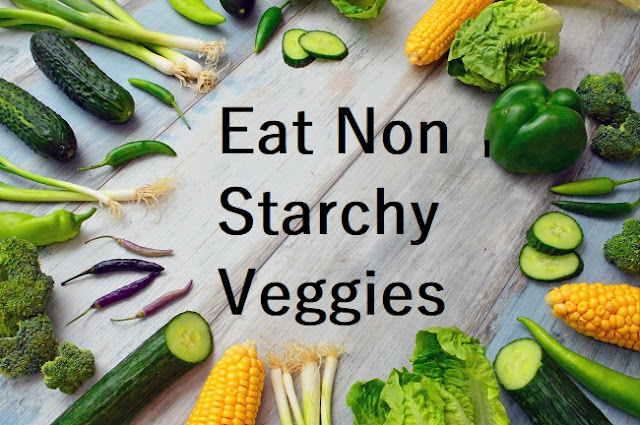Non-starchy vegetables are the unsung heroes of a healthy diet. Unlike starchy vegetables such as potatoes and corn, non-starchy vegetables are low in carbohydrates, high in fiber, and packed with essential vitamins and minerals. They are also low in calories, making them a great choice for weight management.
Non-starchy vegetables come in many varieties, including leafy greens, cruciferous vegetables, and nightshades. They are incredibly versatile and can be eaten raw, cooked, or blended into a smoothie.
In this article, we will explore the benefits of non-starchy vegetables, how to incorporate them into your diet, and some delicious recipes to try.
Why Non-Starchy Vegetables are Important?
Non-starchy vegetables are important for several reasons:
Nutrient-dense: Non-starchy vegetables are packed with vitamins, minerals, and fiber, making them a nutrient-dense choice for your diet.
Low in calories: Non-starchy vegetables are low in calories, making them an excellent choice for weight management.
High in fiber: Non-starchy vegetables are high in fiber, which is essential for gut health and helps regulate blood sugar levels.
Anti-inflammatory: Non-starchy vegetables contain antioxidants and other compounds that help reduce inflammation in the body, which is linked to many chronic diseases.
How to Incorporate Non-Starchy Vegetables into Your Diet
Incorporating non-starchy vegetables into your diet is easier than you might think. Here are some tips:
Start with a salad: Adding a salad to your meal is an easy way to get more non-starchy vegetables into your diet. Add a variety of greens such as spinach, kale, and arugula, and top with colorful vegetables such as tomatoes, bell peppers, and cucumbers.
Swap out starchy vegetables: Instead of potatoes or corn, opt for non-starchy vegetables such as broccoli, cauliflower, or asparagus.
Use non-starchy vegetables as a base: Use non-starchy vegetables as a base for your meals. For example, use lettuce or collard greens as a wrap instead of bread.
Blend them into smoothies: Add non-starchy vegetables such as spinach or kale to your smoothies for a nutrient boost.
Roast them: Roasting non-starchy vegetables such as Brussels sprouts, carrots, or zucchini brings out their natural sweetness and makes them a delicious side dis














0 Comments